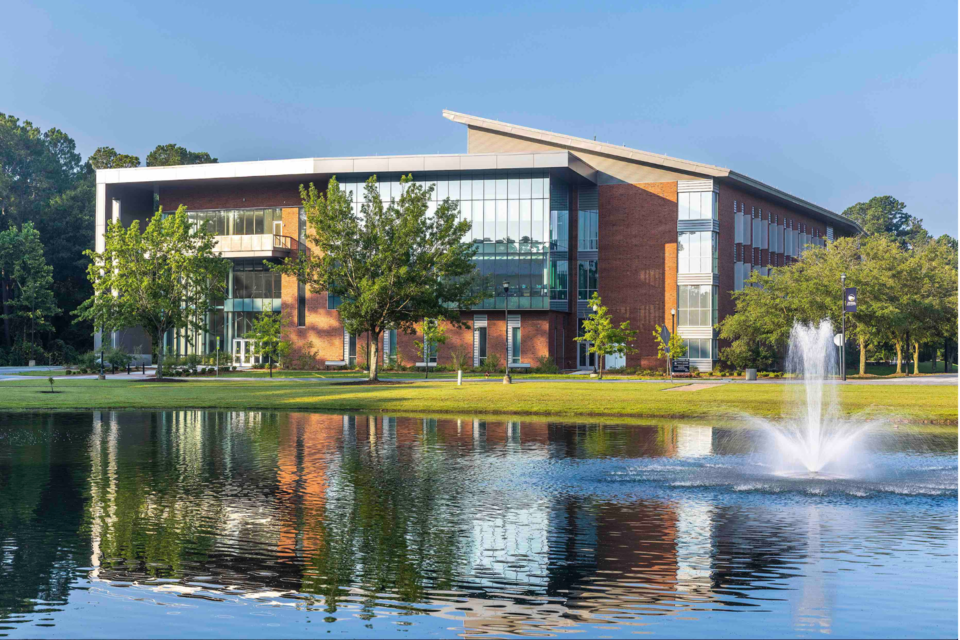The research by principal investigator Masoud Davari, Ph.D., associate professor in the Allen E. Paulson College of Engineering and Computing, and colleagues at Mississippi State University will employ optimal control approaches based on machine learning in artificial intelligence (AI) to explore the optimal and automated control foundation of eco-friendly integration interfaces of diverse renewables, such as solar panels, wind, and battery energy. They will deploy inverter-based resources (IBRs) to act as the interface devices that convert direct current (DC) energy from sunlight and other renewables into alternating current (AC) electricity for residential homes, electric vehicles, commercial buildings, community microgrids and critical industrial power loads.
“Integrating IBRs into the electricity network of the future helps impact global warming or at least reduce carbon emission—which is at an alarming rate—thus getting close to reaching net-zero climate goals by 2050,” said Davari. “It also helps us hire Ph.D. students and boost our scholarly work in the Department of Electrical and Computer Engineering, the Allen E. Paulson College of Engineering and Computing, and Georgia Southern University as a whole.”
In addition, the grant will fund outreach to underrepresented K-12 groups to attract minority students to new STEM fields that impact climate change and global warming and prepare them for advanced degrees for the next generation of the electric power engineering workforce.
This research will be conducted on Georgia Southern’s Statesboro Campus in the Laboratory for Advanced Power and Energy Systems and is funded by the NSF’s EArly-concept Grants for Exploratory Research (EAGER) funding mechanism, which supports exploratory work in its early stages on untested, but potentially transformative, research ideas or approaches that are considered especially “high risk, high payoff.”
In what Davari refers to as the “electricity network of the future,” IBR integration under different grid conditions and research on IBRs’ optimal and automated control design align with The Long-Term Strategy of the United States, an initiative of The United States Executive Office of the President, and the Paris Agreement.
This is Davari’s third award from NSF’s Energy, Power, Control, and Networks (EPCN) Program—one of the core programs of the Division of Electrical, Communications and Cyber Systems (ECCS)—and his fourth from NSF, totaling $1.17 million from 2018 to 2027.
“Funding the third project from the same core ECCS-EPCN program in the U.S. NSF reveals the high caliber of our transformative research findings and border impacts on different matters and publications,” noted Davari.
The NSF is an independent federal agency that supports science and engineering in all 50 states and U.S. territories. The organization’s investments account for about 25% of federal support to America’s colleges and universities for basic research: research driven by curiosity and discovery.
Georgia Southern University, a public Carnegie Doctoral/R2 institution founded in 1906, offers approximately 155 different degree programs serving more than 26,100 students through 10 colleges on three campuses in Statesboro, Savannah, Hinesville and online instruction. A leader in higher education in southeast Georgia with expert faculty, the University is focused on public impact research and engaging learning opportunities through knowledge and know-how that prepare our students to take ownership of their lives, careers and communities. Visit GeorgiaSouthern.edu.




